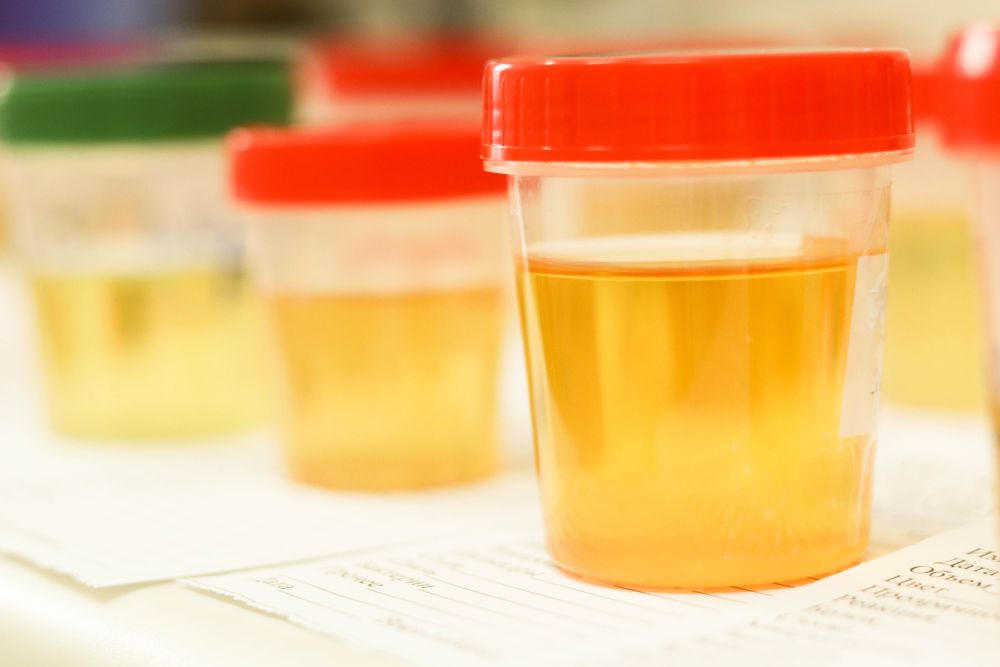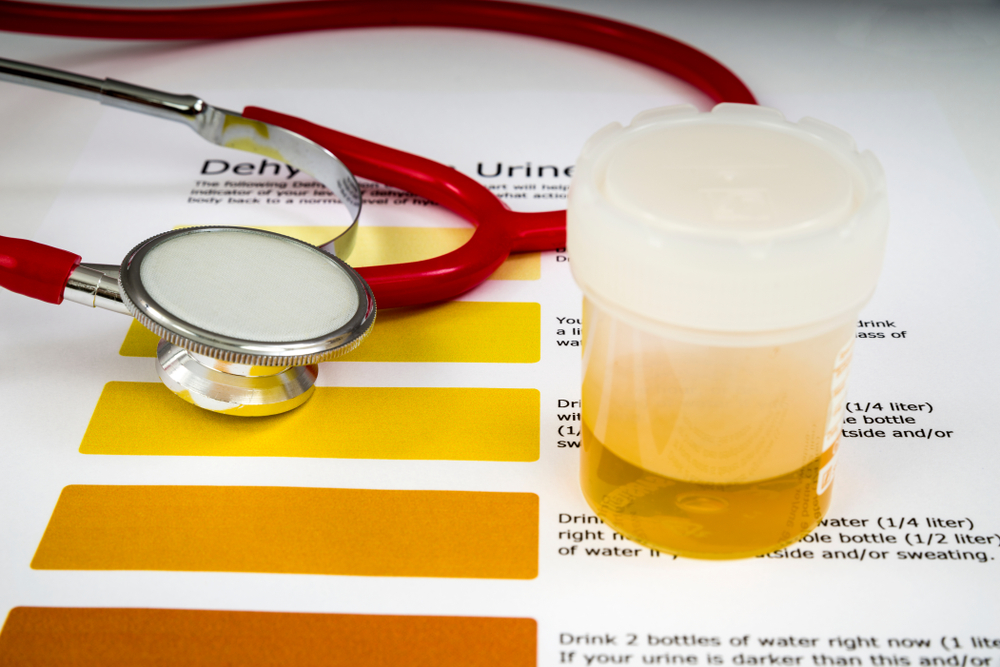During pregnancy, many changes occur in a woman’s body, including changes in metabolism and hormone levels. One of the changes that can occur during pregnancy is the presence of ketones in the urine.
It’s important for pregnant women to monitor their urine for the presence of ketones. Also, it is crucial to consult with a healthcare provider if ketones are detected.
In this article, you will know what ketones are during pregnancy, what causes ketones in urine during pregnancy. Furthermore, there are details on how to prevent ketones in urine during pregnancy.
What are ketones in urine during pregnancy?
Ketones are substances produced by the liver when the body is unable to use carbohydrates as its primary source of energy.
When ketones are present in the urine during pregnancy, it may indicate that the body is not getting enough energy from the foods being consumed.

Why are there ketones in urine during pregnancy?
Ketones in urine during pregnancy can be caused by a variety of factors including:
Not eating enough: When the body doesn’t get enough carbohydrates from food, it starts to burn stored fat for energy. This process produces ketones, which are then excreted in the urine.
Skipping meals: This can also lead to the production of ketones because the body isn’t getting a steady supply of carbohydrates.
Gestational diabetes: This is a type of diabetes that occurs during pregnancy and can cause high blood sugar levels. When blood sugar levels are too high, the body produces ketones as a byproduct.
Dehydration: When the body is dehydrated, it can also produce ketones. This can occur if you are not drinking enough fluids during pregnancy.
Nausea and vomiting: It can lead to dehydration and a lack of food intake, which can result in the production of ketones.
Prolonged fasting or exercise: Prolonged periods of fasting or intense exercise can also cause the body to produce ketones as a source of energy.
How do you know whether there are ketones in your urine during pregnancy?
The presence of ketones in urine during pregnancy can be detected by a urine test.

This test can be performed by your healthcare provider, or an over-the-counter ketone test kit can be used at home.
To perform a urine test for ketones at home, follow these steps:
- Wash your hands with soap and water and dry them thoroughly.
- Use a clean cup to collect a urine sample.
- Open the ketone test strip package and remove the strip.
- Dip the ketone test strip into the urine sample and then remove it.
- Wait for the recommended time (usually 10-15 seconds) for the test strip to change color.
- Compare the color of the test strip to the color chart that comes with the test kit.
- Record the result as negative (no ketones), trace (small amount of ketones), moderate (moderate amount of ketones), or high (large amount of ketones).
How to prevent ketones in urine during pregnancy
The following steps can help prevent the production of ketones in urine during pregnancy:
Eat a well-balanced diet: It’s important for you to eat a healthy, balanced diet that includes plenty of carbohydrates during pregnancy. This can help ensure that your body has enough energy to function properly and prevent the production of ketones.
Avoid skipping meals: Skipping meals can cause your body to go into a state of starvation, which can trigger the production of ketones. You should aim to eat small, frequent meals throughout the day to keep your blood sugar levels stable and prevent ketone production.
Stay hydrated: Dehydration can also lead to the production of ketones. Drink plenty of fluids throughout the day, such as water, herbal tea, and fruit juice to stay hydrated.
Monitor your blood sugar levels: Women with gestational diabetes should monitor their blood sugar levels regularly and follow their healthcare provider’s recommendations for managing their condition.
Get regular exercise: Regular exercise can help improve insulin sensitivity and keep blood sugar levels stable. You should talk to your healthcare provider before starting an exercise program and follow their recommendations for safe exercise during pregnancy.
Manage nausea and vomiting: Women experiencing severe nausea and vomiting should work with their healthcare provider to manage their symptoms and prevent dehydration and malnutrition, which can lead to the production of ketones.
Monitor your urine for ketones: You should monitor your urine for the presence of ketones using a ketone test kit. If ketones are detected, contact your healthcare provider for further evaluation and treatment.
Can ketones harm your baby during pregnancy?
High levels of ketones in the urine during pregnancy can potentially harm both the mother and the developing baby. If left untreated, high levels of ketones can lead to a condition called ketoacidosis, which can cause a range of serious complications, including:
Dehydration: Ketones can cause the body to lose water and electrolytes, which can lead to dehydration. This can be particularly dangerous for pregnant women, who may already be at risk for dehydration due to the increased demands of pregnancy.
Fetal distress: High levels of ketones in the mother’s bloodstream can potentially affect the developing baby, leading to fetal distress and other complications.
Preterm labor: Women with high levels of ketones in their urine may be at increased risk for preterm labor and delivery.
Neural tube defects: High levels of ketones during pregnancy have been associated with an increased risk of neural tube defects in the developing baby.
Low birth weight: Women with high levels of ketones in their urine may be at increased risk for delivering a baby with a low birth weight.
Conclusion
The presence of ketones in urine during pregnancy can be a sign of a number of different conditions, including gestational diabetes, a low-carbohydrate diet, or fasting. Ketones can potentially harm both the mother and the developing baby if left untreated. It is important you monitor your urine for the presence of ketones during pregnancy and to consult with a healthcare provider if ketones are detected.

